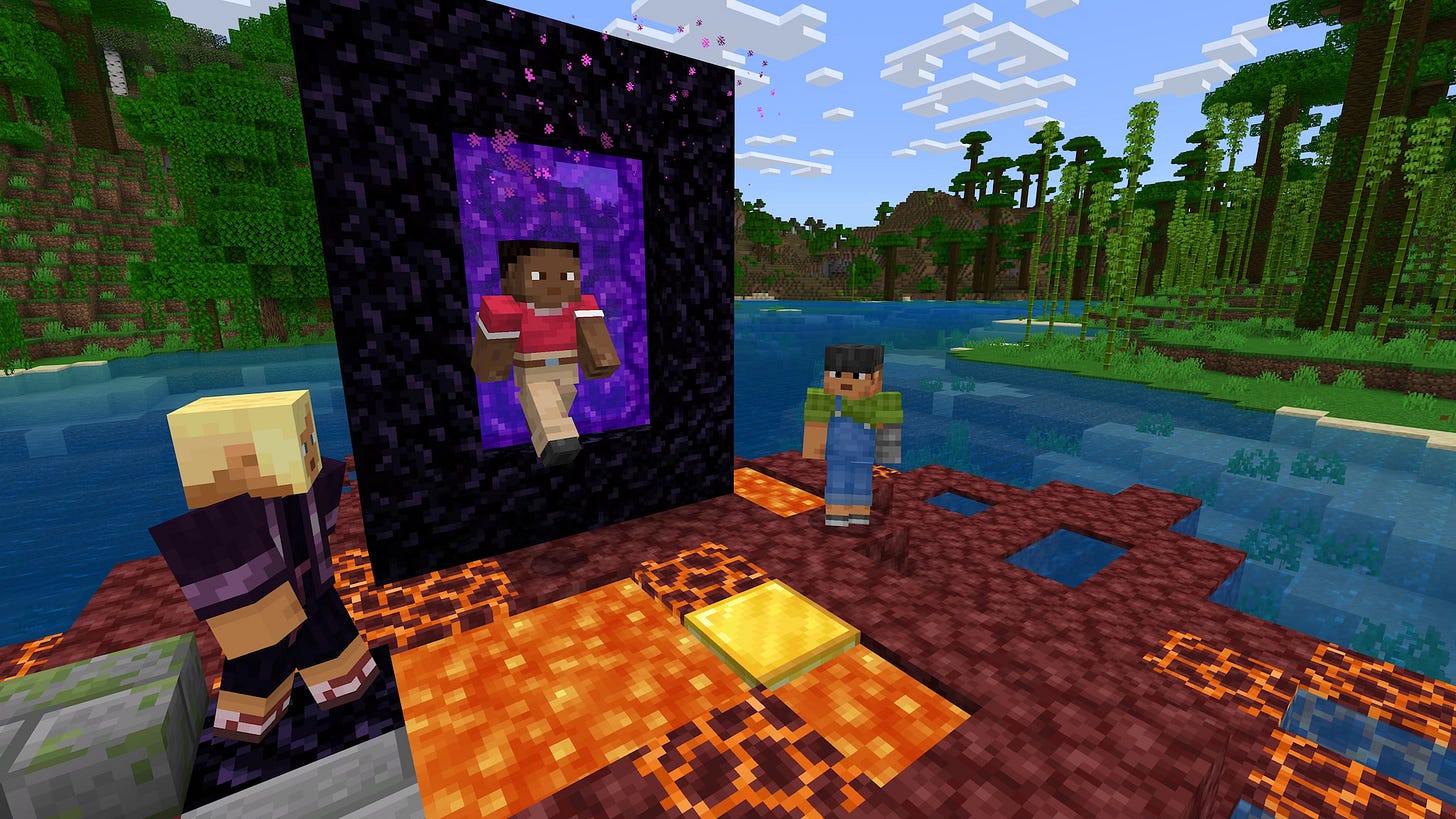Turning Competition into Cooperation Among Siblings That Love Video Games
Despite your best efforts, conflicts during gaming are inevitable. Here’s how to handle them constructively.

I am a first daughter and a younger sister. This dynamic has influenced my relationship to power, wins, losses, and recovery after losses, and it probably influenced my decision to become a psychologist. In trying to understand the big answers by studying human behaviour through psychology, the more I see how tiny formative interactions shape significant behaviours.
Sibling relationships are among the most formative connections in our lives. They shape how we communicate, resolve conflicts, and build bonds. With the rise of gaming as a primary recreational activity among children and teens, the virtual world has become a significant arena where sibling dynamics play out. Games profoundly impact how siblings interact, whether it’s a heated competition or collaborative problem-solving.
Gaming can serve as a bridge or a battleground for siblings. On one hand, shared gaming experiences can foster connection, teamwork, and mutual enjoyment.
Cooperative games encourage siblings to strategise, communicate effectively, and celebrate joint successes, building positive memories. On the other hand, competitive games may heighten rivalries, create power imbalances, or lead to frustration and arguments. For example, a younger sibling might feel left out if they consistently lose to an older or more experienced sibling. A collaborative game that rewards diverse skills can highlight each sibling’s unique strengths, promoting mutual respect.
In understanding sibling dynamics, the social interdependence theory has provided a lens for understanding how we interact with each other, which can also spill into gaming influences and sibling dynamics. This theory says that the type of goal structure determines how we interact within a group; these interactions are categorised into three actions: cooperative, competitive, or individualistic.
Cooperative Goal Structures: When siblings play games with cooperative goals, their success depends on helping each other achieve shared objectives. This dynamic fosters positive interdependence, where siblings perceive that working together benefits everyone. For example, in games like Overcooked or Portal 2, siblings must communicate and coordinate to succeed, reinforcing teamwork and trust.
Competitive Goal Structures: In competitive games, one sibling’s success comes at the expense of the other. This dynamic can lead to negative interdependence, where siblings see each other as obstacles. While healthy competition can motivate, it risks escalating into conflict, particularly if one sibling dominates repeatedly.
Individualistic Goal Structures: Games with individualistic goals, such as single-player modes or sandbox environments, allow siblings to pursue their objectives without directly affecting one another. This can reduce conflict but may also limit opportunities for collaboration.
Understanding these dynamics allows parents and caregivers to guide siblings toward games and play styles that nurture cooperation rather than contention.
Another medium to navigate competition is through therapeutic gaming techniques. This technique, often used by family therapists, can inform parents about encouraging positive sibling interactions. These approaches leverage games to improve communication, empathy, and problem-solving skills within families. Applying these principles at home can turn gaming sessions into personal and relational growth opportunities.
To harness the positive potential of gaming in sibling relationships, consider the following strategies:
Choose Cooperative Games: Prioritize games that require teamwork, such as LEGO video games, It Takes Two, or Minecraft. These games naturally promote collaboration and mutual support.
Set Ground Rules: Establish clear guidelines for gaming sessions, such as taking turns, avoiding trash talk, and handling losses gracefully. Reinforce these rules with positive reinforcement and reminders when necessary.
Foster Perspective-Taking: Encourage siblings to view situations from each other’s perspectives. For example, if one sibling feels frustrated after losing, prompt the other to empathise and offer encouragement.
Encourage Balanced Play: Rotate game types to balance competitive and cooperative play. This ensures that both siblings experience a variety of interactions and develop skills for different contexts.
Involve the Whole Family: Family gaming nights can include parents, modelling positive interactions and providing guidance when conflicts arise. Games like Mario Party or Jackbox Games are great for inclusive fun.
Debrief After Play: Discuss what went well and what could improve after gaming sessions. Celebrate moments of effective teamwork or sportsmanship and brainstorm solutions for recurring issues.
Resolving Gaming Conflicts
Despite the best efforts, conflicts during gaming are inevitable. Here’s how to handle them constructively:
Pause and Reflect: If tensions escalate, pause the game and allow siblings to cool off before discussing the issue.
Mediated Conversations: Act as a neutral mediator to help siblings articulate their feelings and find solutions together.
Focus on Problem-Solving: Redirect energy toward fixing the problem rather than assigning blame. For instance, if one sibling dominates a competitive game, consider introducing handicaps or switching roles to level the playing field.
Model Healthy Behavior: Demonstrate how to handle frustrations and disagreements maturely. This provides siblings with a blueprint for resolving conflicts independently.
Gaming is a powerful medium that can shape sibling relationships in profound ways. Parents can guide siblings toward positive interactions by understanding the dynamics of competition and cooperation through social interdependence theory. Incorporating therapeutic gaming principles and proactive strategies further enhances these efforts, turning gaming into a tool for building stronger, more harmonious sibling bonds. With thoughtful guidance, gaming can transition from a source of sibling rivalry to a platform for lasting connection and collaboration.




